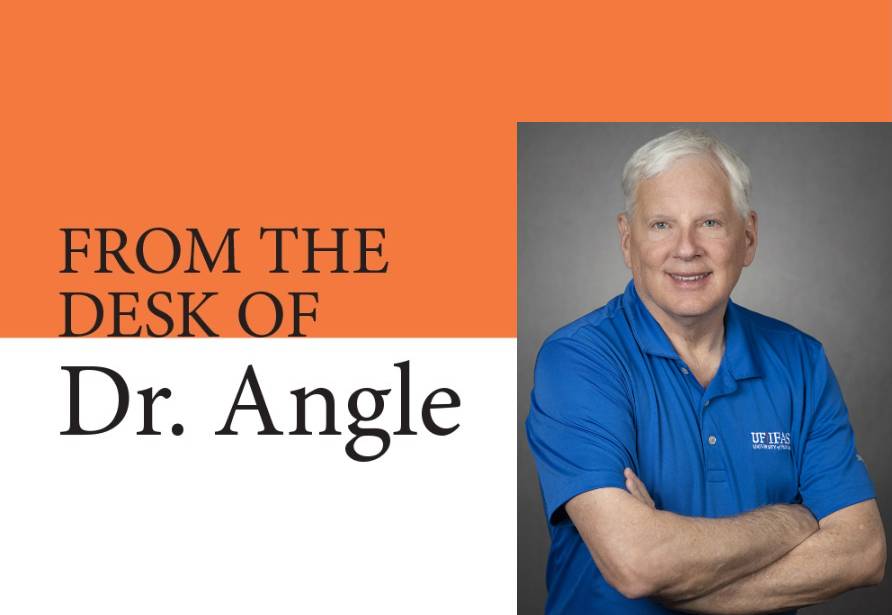Until recently, a lab, headquarters, and workshop dedicated to putting artificial intelligence to work in your fields was mostly an idea.
Now it’s an idea with more than $11 million in state funding behind it. Thanks to Representative Lawrence McClure, who sponsored the legislation that provides the funding, we can start making plans to design and build the tech hub at the Gulf Coast Research and Education Center (GCREC) in Wimauma.
McClure was in on the ground floor of this transformational project. In fact, he and I attended the same meeting at the GCREC two years ago where Director Jack Rechcigl and associate director and Professor Nathan Boyd unveiled their vision for the Center for Artificial Intelligence in Agriculture.
That day McClure sensed the excitement of the other members of the Gulf Coast Council, a who’s who of Hillsborough County-area agricultural leaders. The only questions were about how fast they could build it. The answer was essentially as fast as we could fund it. McClure got to work.
He recognized that the center could power a regional economic boost through partnerships with businesses that see opportunity in university ag tech innovation.
You’ve heard me enumerate the many potential benefits of AI, from helping you detect plant disease invisible to the naked eye, inventorying tens of thousands of trees in hours, automating harvesting, and on and on. It will not only propel Florida agriculture forward the way the tractor, chemicals and genetics did for previous generations, it will make all of those technologies better, more productive, and more precise.
The Center will be dedicated to developing tools and technologies that you can use and that you can afford.
We see the Center attracting tech businesses, investors and entrepreneurs to foster an entire ag tech corridor from Balm to Gainesville and along I-4. It’s going to help food, agriculture and natural resources continue as the state’s second-largest industry, in part by these spinoff effects, but also by helping keep you ahead of your competitors in the U.S. and abroad.
It’s going to turbo-charge our scientific efforts in your service. Vance Whitaker and Kevin Wang are on a team developing AI’s ability to measure strawberry runners (which require labor-intensive thinning and can divert energy from fruit production) across an entire row and to assess biomass (an important determinant in fruit weight). Natalia Peres and Shinsuke Agehara are on a team using AI to power an automated strawberry yield prediction system.
Right now, they’re working in their own labs but without the kind of facilities where they’re more likely to have success developing prototypes and crunching massive amounts of data.
It’s not that we can’t work on AI right now. We can, and we do, extensively. What the headquarters will do is give faculty better tools, more space, the ability to work in teams, to take on more graduate students to help, and to demonstrate to you how it can help you now and in the future.
The community of business partners that grows up around the center will help accelerate commercialization so that these tools and technologies get into your hands sooner than later.
We’ll continue to seek the rest of the funding to make this center happen. That will happen sooner than later, too, thanks to McClure and legislators who helped him get funding this year, including Senator Ben Albritton and Senate President Kathleen Passidomo, Speaker Paul Renner and Representative Tom Leek.
J. Scott Angle is the University of Florida’s Interim Provost. Since 2020 he has served as UF’s Senior Vice President for Agriculture and Natural Resources and leader of the UF Institute of Food and Agricultural Sciences (UF/IFAS).

